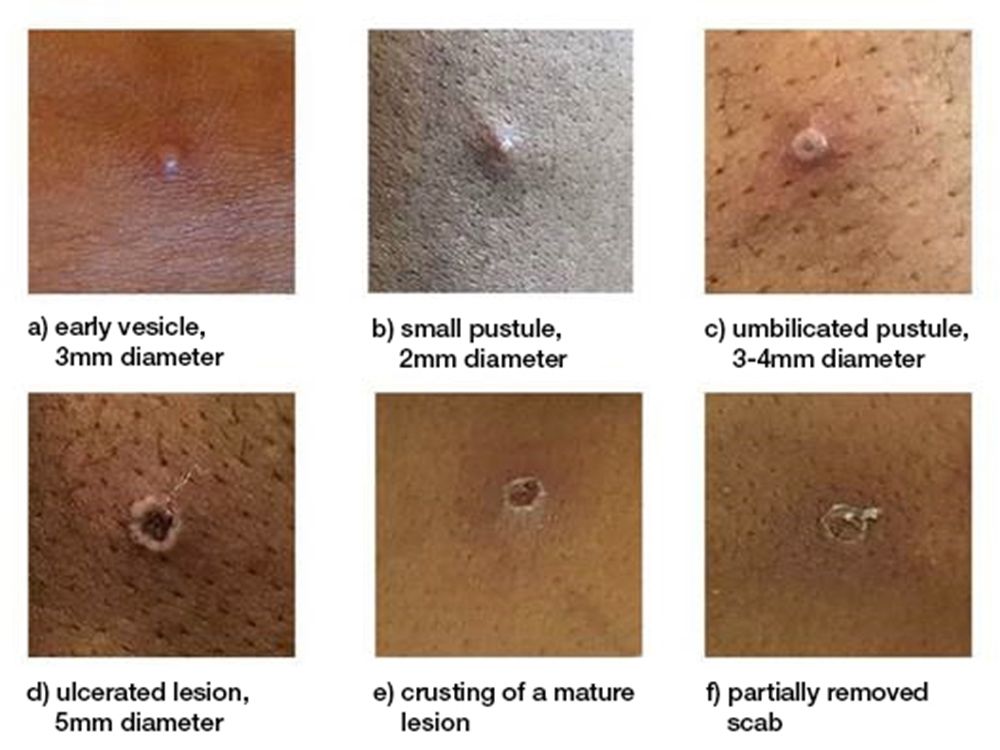The discovery of a new mpox strain amid a rise in cases in the Democratic Republic of the Congo (DRC) has raised concerns about its potential to spread internationally and spark global outbreaks. Mpox is a disease resulting from infection with the mpox virus. It was previously known as monkeypox, but the World Health Organization (WHO) changed its name after an outbreak in 2022 that spread to Europe, Canada and the United States.
Characterized by a distinctive rash, this viral infection was first identified in humans in 1970 in the DRC. As of Sept. 29, 2023, Canada has reported a total of 1,515 mpox cases.

Here’s what you need to know about this new strain of mpox. There are two types of the mpox virus: Clade I and Clade II. Clade I, which is endemic to Central Africa, leads to more severe illness, including death, when compared to Clade II.
Clade II, found mainly in West Africa, triggered the global outbreak starting in 2022. This variant is milder in its impact. Canadian researchers identified Clade Ib in the DRC in October 2023 and have been tracking the mpox outbreak.
Clade Ib, a variant of Clade I, is currently spreading in the DRC and is causing concerns due to its ability to spread more easily among humans. According to other researchers, starting from September 2023, cases of Clade Ib mpox initially appeared among sex workers in Kamituga, DRC. Clade Ib mpox has now reached towns near the Rwanda border, near Burundi, and Uganda.
Recommended from Editorial What does m.























